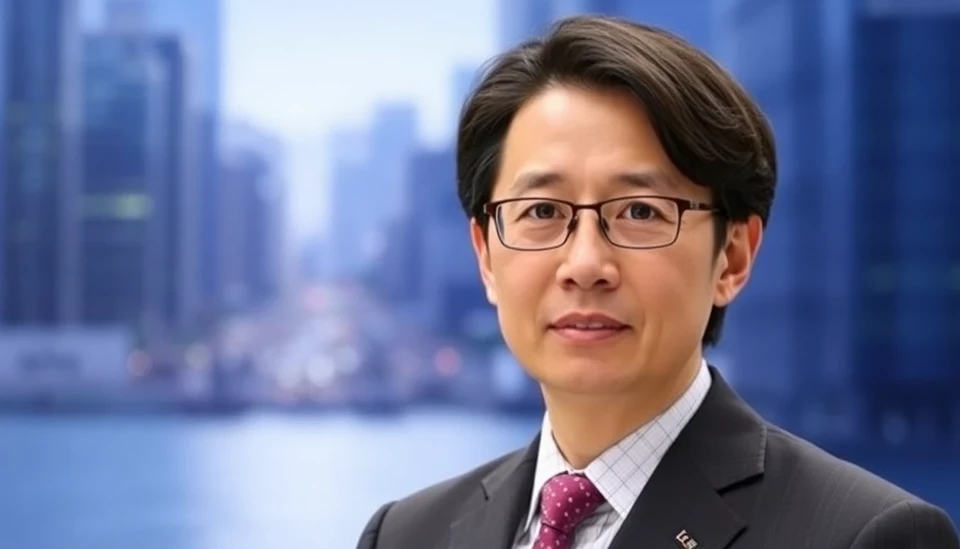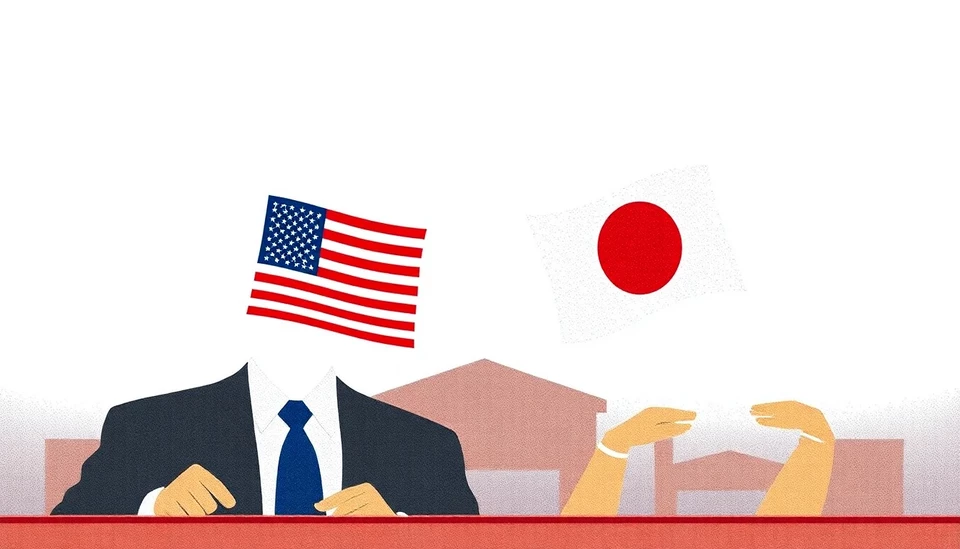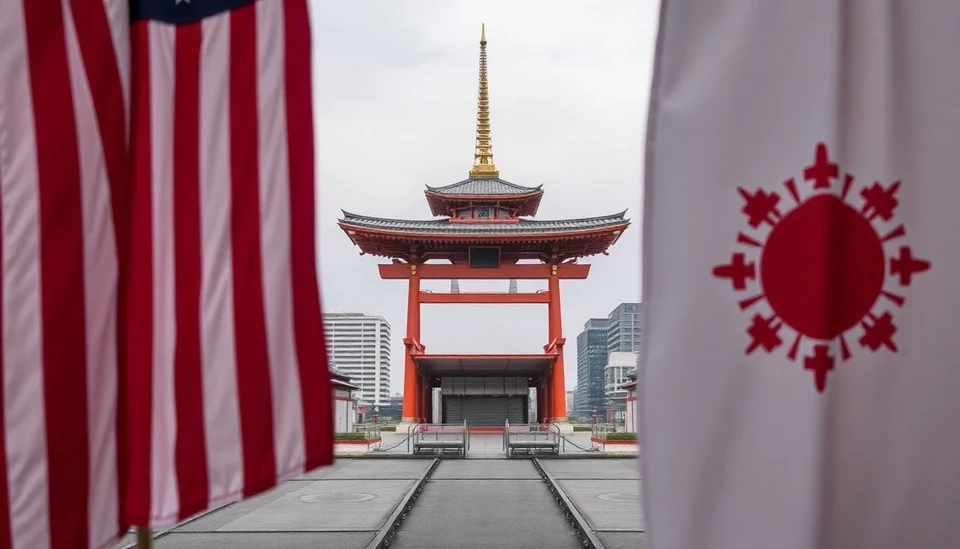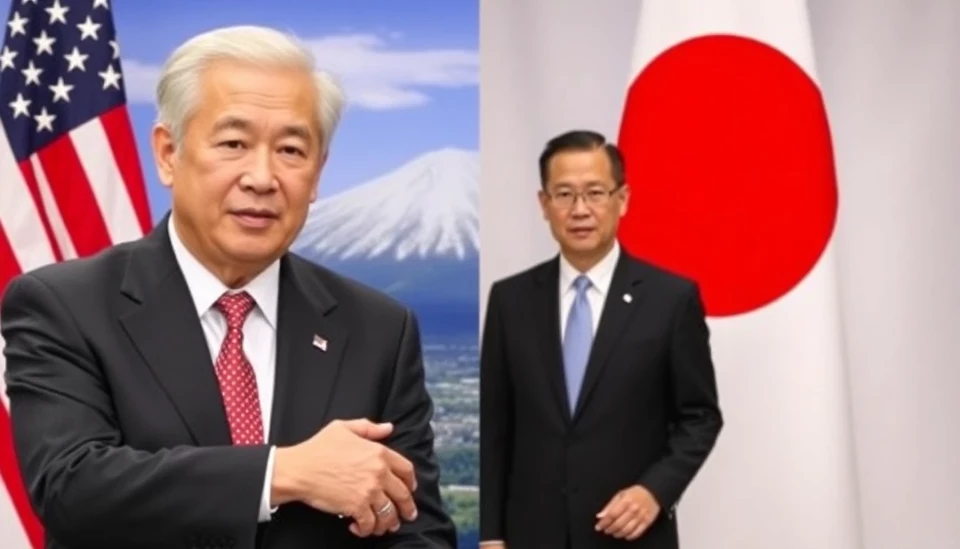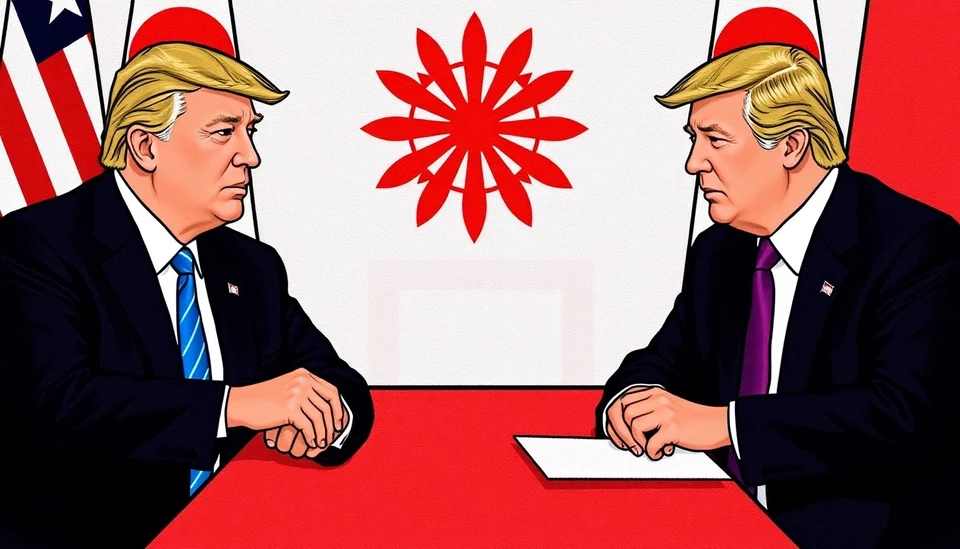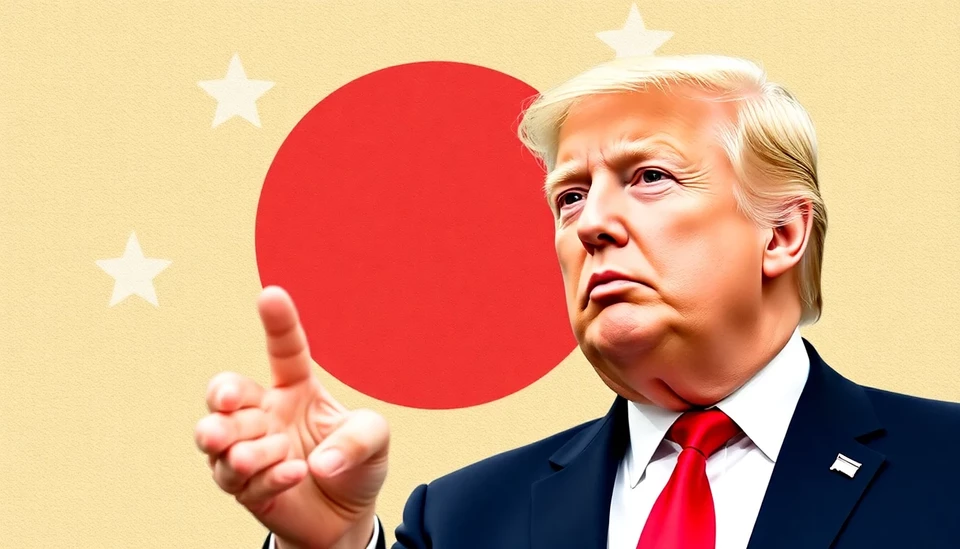
The narrative surrounding Japan’s economic strategy and its trade policies with the United States continues to be a topic rife with misconceptions, especially from prominent figures like former President Donald Trump. He often touts the idea that Japan's tariffs unfairly harm American businesses, despite ample evidence to the contrary.
Recently, in an opinion piece, the complexities surrounding this enduring myth were brought to light, emphasizing how misinterpretations have persisted in public discourse. Critics argue that Trump's claims fail to recognize the multifaceted reality of trade relationships, particularly that tariffs imposed by Japan are considerably lower overall when compared to other trade partners.
Trump’s criticism hinges on the belief that Japan operates under a system that strains American industries and goods, identifying tariffs on automobiles and other key sectors as unfair barriers to entry. However, analysts and trade experts argue that these tariff rates have often been overstated and do not reflect the available market opportunities for American products in Japan.
The article elaborates on how Japan has worked towards liberalizing its trade practices over the past few decades, moving away from protective tariffs that characterized its earlier economic policy. Indeed, Japan's trade environment has significantly opened up, allowing for a more fluid exchange of goods between the two nations. For instance, Japan has consistently ranked as one of the top export markets for the United States, highlighting the substantial bilateral relationship that is often overshadowed by tariff myths.
Moreover, the piece outlines how Trump’s narrative may reflect a misunderstanding of global trade dynamics. While tariffs can indeed act as a barrier, many economists contend that other factors—like regulatory standards and market demand—play a more critical role in shaping trade between countries than mere tariff rates.
In conclusion, the article highlights the persistent nature of this misconception amidst shifting trade landscapes. It suggests that instead of focusing on outdated narratives, stakeholders should seek to foster a deeper understanding of international trade, recognizing both the challenges and opportunities that exist in partnerships like that of the U.S. and Japan.
As these discussions continue, it becomes increasingly important for policymakers and the public to engage with accurate data and analysis concerning international tariffs, in order to promote a balanced view of what truly influences trade relations.
#JapanTrade #TariffDebate #TrumpMyths #InternationalRelations #USJapanRelations
Author: Samuel Brooks
